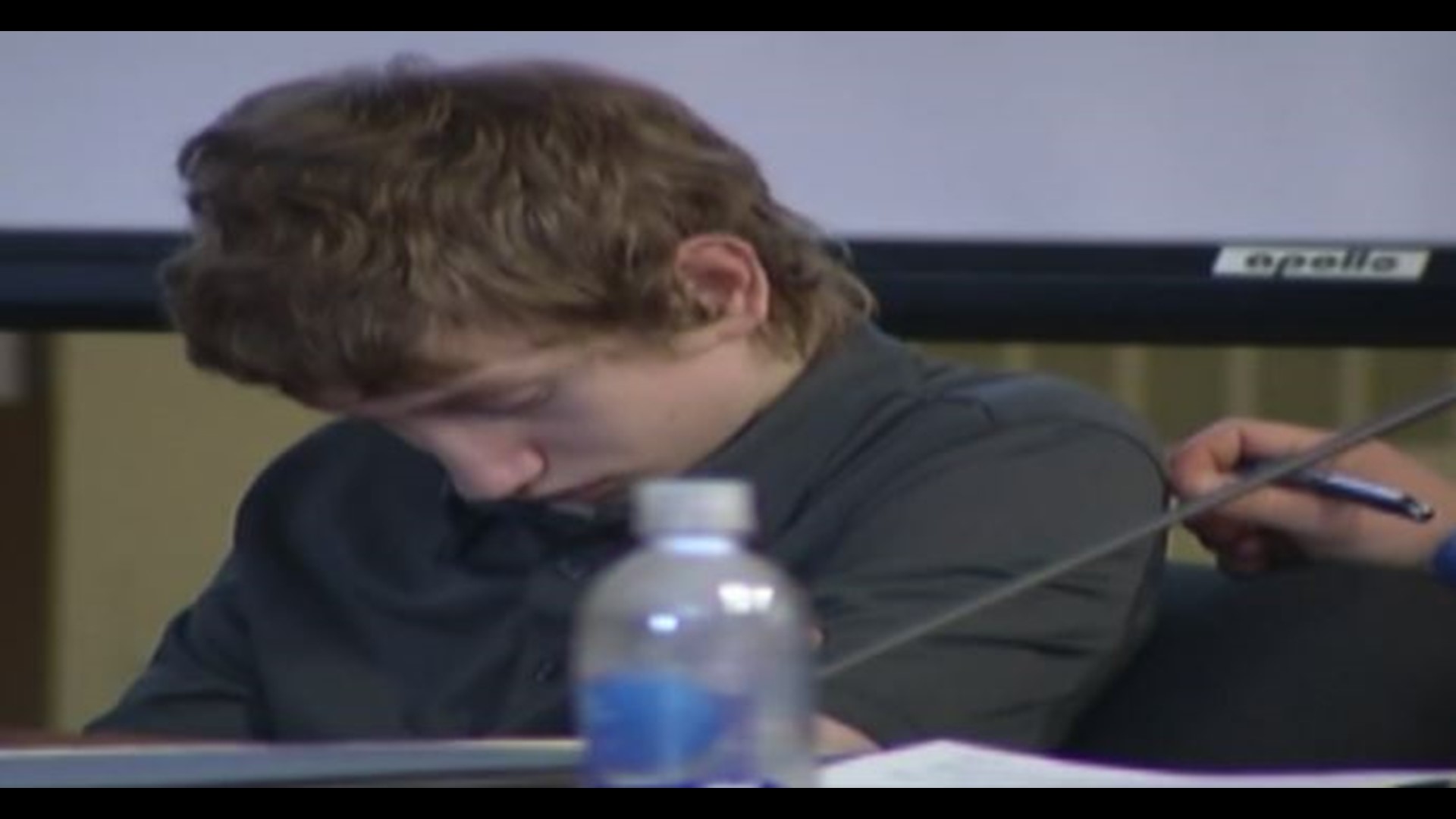DES MOINES – The Iowa Supreme Court has upheld the prison sentence for an Osage teen who shot and killed his mother in 2012.
19-year-old Noah Crooks was convicted of murder in the second degree in 2012—when he was 13 years old.
On March 24, 2012, Crooks was at home in Osage with his mother Gretchen, a nurse at Mercy Hospital in Mason City. Crooks took a loaded rifle downstairs intending to kill his mother, before returning upstairs because Crooks reportedly did not want to shoot her in the back. After returning downstairs, Noah shot her 22 times, killing her.
In May 2013, a jury found Crooks guilty of murder in the second degree and not guilty of assault with intent to commit sexual abuse. Under Iowa’s Youthful Offender Status, Crooks was transferred to the juvenile courts system until he turned 18.
Crooks spent time at Eldora’s State Training School, and a juvenile court officer reported in April 2016 that Crooks “tried to avoid addressing why he killed his mother”.
In May 2016, Crooks’ attorney told the court that any confinement or probation could not exceed 5 years, while the prosecution argued for a 50 year prison sentence. A district court heard victim impact statements from Crooks’ family, and the court determined that “probation was not justified”. Crooks was sentenced to a 50-year prison sentence without a mandatory minimum.
On appeal, Cooks’ attorneys argued that the court “abused its discretion by incarcerating him”.
The Iowa Supreme Court ruled Friday that the youthful offender status is meant “to see whether the rehabilitative services provided in the juvenile system have been effective” before proceeding.
Two medical experts, Dr. Taylor and Dr. Augspurger, both wrote evaluations of Crooks that are cited in the ruling.
“With a strong degree of medical certainty, I can state that the prospects for rehabilitating Noah Crooks prior to his eighteenth birthday are nil,” Dr. Taylor wrote in 2012.
Dr. Augspurger wrote the following in 2016: “…it cannot still be said that [Crooks] is developing an Antisocial Personality Disorder since he has not outwardly displayed evidence required to substantiate such a diagnostic development since admission”.
The Supreme Court concluded that the district court acted within its discretion by imposing the 50-year sentence.

